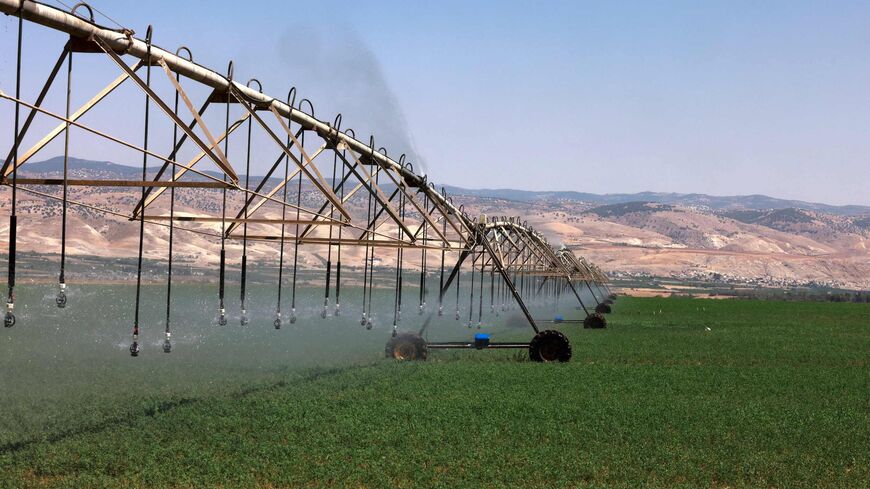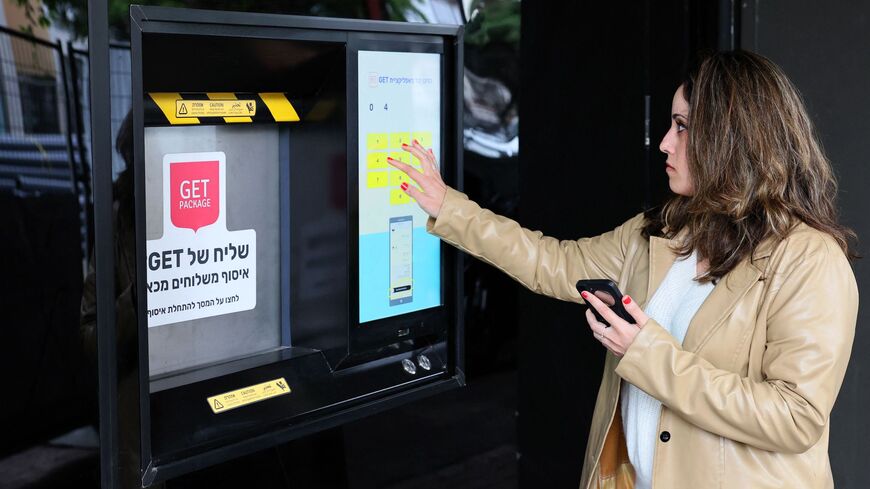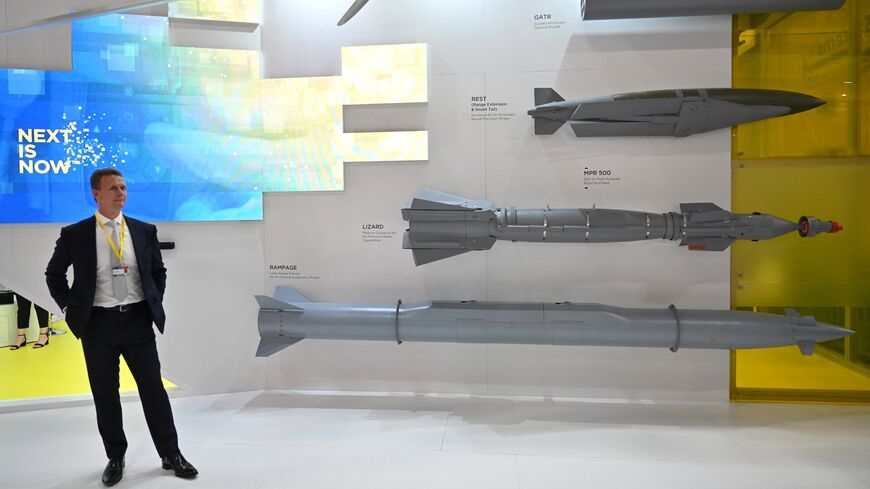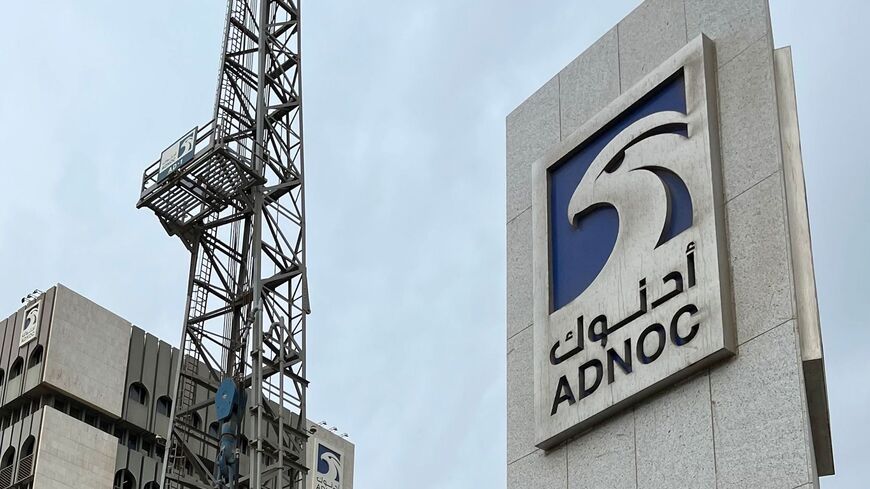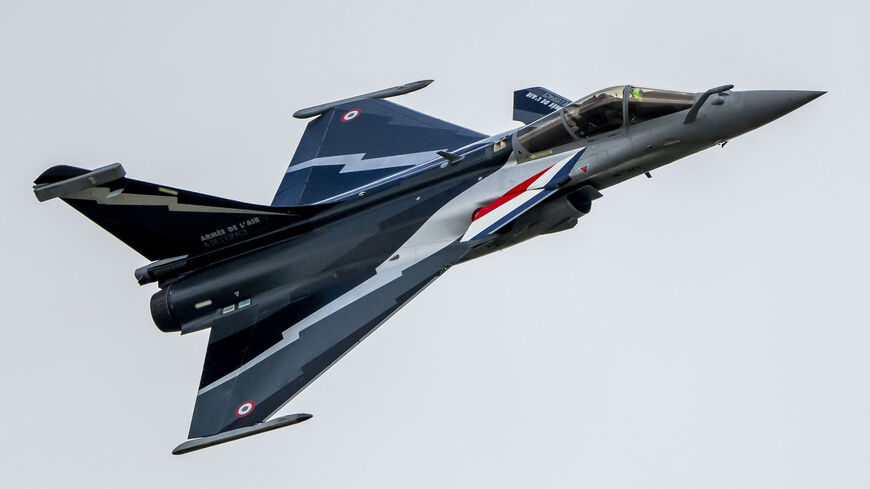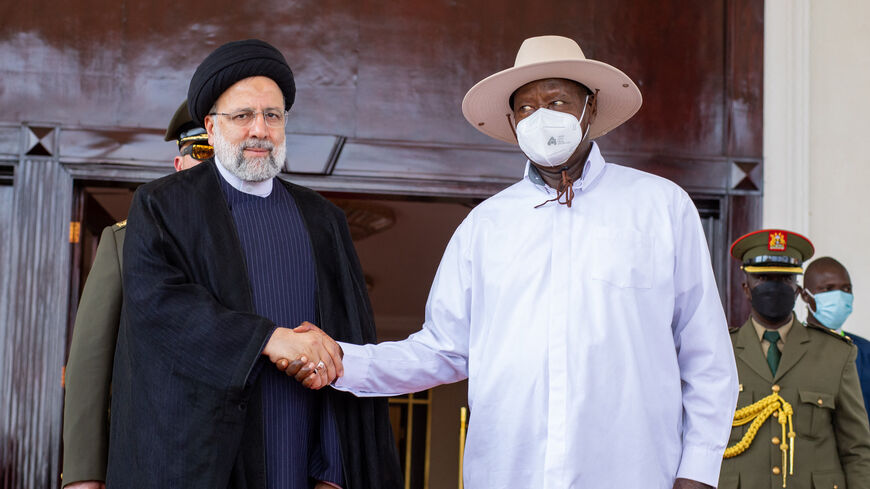The Middle East joins the global supercomputer competition
Al-Monitor Pro Members
David Rosenberg
Israeli reporter specializing in business, economics and politics
June 21, 2023
Long a laggard, the Middle East is now joining the global competition to amass supercomputing power. The latest entrant is Israel, where the US company Nvidia announced on May 29 that it would build a supercomputer using locally made high-performance chips. While most of the Middle East is not competing in the supercomputing race, Israel is one of a handful of countries that include Saudi Arabia and the United Arab Emirates that have the high-tech aspirations, financial resources and/or local talent to be players. Iran has also built its own supercomputer with black market components. Given the important role supercomputers are playing in emerging technologies and scientific research, as well as their role in signaling a country’s high-tech prowess, more supercomputers will be coming online.
- Supercomputing power and the technology that drives it are increasingly regarded as an important factor in a country’s technological and scientific prowess. That is because high-performance computing (HPC) is critical to emerging technologies, such as artificial intelligence and drug/vaccine development as well as for meeting climate change challenges. HPC is no longer limited to government and academic research but is increasingly used by the private sector.
- Although researchers and others can undertake HPC tasks by pre-ordering processing times on supercomputers elsewhere in the world, it is expensive and cumbersome. Cloud computing is increasingly a viable alternative, but it is not a perfect substitute due to concerns about data security and efficiency, says Uri Eliabayev, an Israeli artificial intelligence consultant. A particular challenge is creating AI using natural language (natural language processing) in Arabic, Hebrew and other regional languages and dialects, which entails assembling a massive amount of text data in the target language.
- The principal contest is between the United States and China, which are home to 134 and 150, respectively, of the world’s top 500 supercomputers, according to the latest semiannual update by the TOP500 website. The Middle East has lagged, with just seven in the top 500 — six in Saudi Arabia and one in the UAE. However, the region is catching up.
- Israel, which to date is not known to have any supercomputers in the top 500, will be getting one developed locally by the US company Nvidia. Called Israel-1, it will run at a peak performance of 8 exaflops (8 quintillion floating-point operations per second). It will be used for company research and development in AI and made available to partner companies. In 2021, the Israeli government allocated about $80 million to develop a supercomputer, but recent reports say it has decided instead to subsidize industry and academic researchers using overseas supercomputer and cloud computing services.
- Five of Saudi Arabia’s six supercomputers are owned and operated by Aramco for use in oil and gas exploration and exploitation. However, in September 2022 the King Abdullah University of Science and Technology (KAUST) announced that Hewlett Packard Enterprise (HPE) would build it a second supercomputer to be used for designing new materials for high-performance solar photovoltaics, new industrial catalytic processes, personalized preventative health care and drug discovery. At 100 petaflops (one quadrillion floating-point operations per second), Shaheen III will be 20 times faster than KAUST’s existing supercomputer.
- The UAE said in October 2022 that it had ordered its second supercomputer from HPE. The computer will be housed at the Mohamed bin Zayed University of Artificial Intelligence, an institute of higher education devoted solely to AI. It will be used to attract global talent as part of the country’s national AI strategy and for research analyses in energy, transportation and the environment, among others. Details concerning delivery times and exact specifications have not been announced. The UAE’s other supercomputer, Artemis, is owned by Group 42, an Emirati AI and cloud computing company.
- Iran’s supercomputer ambitions are severely hampered by US sanctions aimed at blocking nuclear research. However, in May 2021 it unveiled Simurgh, which was reportedly developed at Tehran’s Amirkabir University of Technology. No hardware specifications were disclosed at the time, but more recent reports said it had a performance capacity of 0.56 petaflop, with the ability to grow to 10. Experts said photos show it uses equipment made by Schneider Electric’s APC unit and presumably contains American-made chips acquired on the black market. Work is proceeding on a more powerful supercomputer to be called Maryam.
- The region is making its first forays into more powerful quantum computing. The Abu Dhabi Technology Innovation Institute said in March 2022 that it had begun work in the field, aiming to construct its first sample chips this summer on the way to building a full-fledged computer. Meanwhile, the Israel Innovation Authority in January formed an industry-academic consortium for quantum-computing technologies with a three-year budget of about $32.5 million. Corporate members are IAI's Elta division, Quantum Art, Classiq, Qedma and Rafael.
Scenario 1: The regional supercomputer drive accelerates as the technology grows more widespread and the number and need for them increases
This is led by AI applications, drug development and climate change. In Israel, Saudi Arabia and the UAE, existing technology clusters expand and grow, making local HPC power increasingly important. Growing cooperation between Israel and the UAE may see the two countries share costs and facilities to contend with the high cost of building and updating supercomputers. That said, it is unlikely that supercomputers will for the foreseeable future be deployed outside those three countries, which are the only ones with the financial and/or technology resources to develop and make productive use of supercomputers.
Scenario 2: Supercomputing phenomenon peaks
The global supercomputer phenomenon soon peaks due to the growing costs of building and operating increasingly powerful machines. Instead, demand for HPC services is absorbed by cloud providers that supply temporary HPC clusters as needed. Meanwhile, the UAE and Saudi Arabia’s aspirations of becoming technology powerhouses fall short of goals, and demand for HPC outside the energy sector remains limited. The growth of the Israeli high-tech sector is constrained by labor shortages and politics. Another risk is that quantum computing supplants supercomputing, and its more sophisticated and arcane technology is not easily adopted by Middle East countries despite their early efforts to acquire the technology.
Although the costs of building and frequently upgrading supercomputers to prevent them from becoming obsolete are heavy and rising, so is the need for the computing power they offer. For aspiring tech powers, like the UAE and Saudi Arabia, they symbolize the government’s commitment and serve to attract scientists and engineers from abroad. The Middle East countries that have or are building supercomputers have the financial resources to cope with rising costs and may choose to share them by developing regional facilities. The main competition is from cloud computing, which may prove to be more attractive to commercial users and even governments. Thus, while supercomputer usage will grow, countries in the region will follow Israel, which is moving much of its government computing activity to the cloud and will subsidize private sector usage. That said, supercomputing's unique attributes should ensure it plays an important role.
David Rosenberg has more than 30 years experience reporting, commenting and speaking on business, economics and politics in Israel and the Middle East. He has worked for Reuters, The Jerusalem Post and Dow Jones, and was bureau chief for Israel for Bloomberg News. He is the author of two books (Cloning Silicon Valley, 2001, and Israel’s Technology Economy, 2018) and has been published in The Wall Street Journal and Foreign Policy. He now writes commentary for the Haaretz daily.
We're glad you're interested in this memo.
Memos are one of several features available only to PRO Expert members. Become a member to read the full memos and get access to all exclusive PRO content.

Already a Member? Sign in
The Middle East's Best Newsletters
Join over 50,000 readers who access our journalists dedicated newsletters, covering the top political, security, business and tech issues across the region each week.
Delivered straight to your inbox.
Free
What's included:
Free newsletters available:
- The Takeaway & Week in Review
- Middle East Minute (AM)
- Daily Briefing (PM)
- Business & Tech Briefing
- Security Briefing
- Gulf Briefing
- Israel Briefing
- Palestine Briefing
- Turkey Briefing
- Iraq Briefing
Premium Membership
Join the Middle East's most notable experts for premium memos, trend reports, live video Q&A, and intimate in-person events, each detailing exclusive insights on business and geopolitical trends shaping the region.
$25.00 / month
billed annually
$31.00 / month
billed monthly
What's included:
Memos - premium analytical writing: actionable insights on markets and geopolitics.
Live Video Q&A - Hear from our top journalists and regional experts.
Special Events - Intimate in-person events with business & political VIPs.
Trend Reports - Deep dive analysis on market updates.
We also offer team plans. Please send an email to pro.support@al-monitor.com and we'll onboard your team.
Already a Member? Sign in


